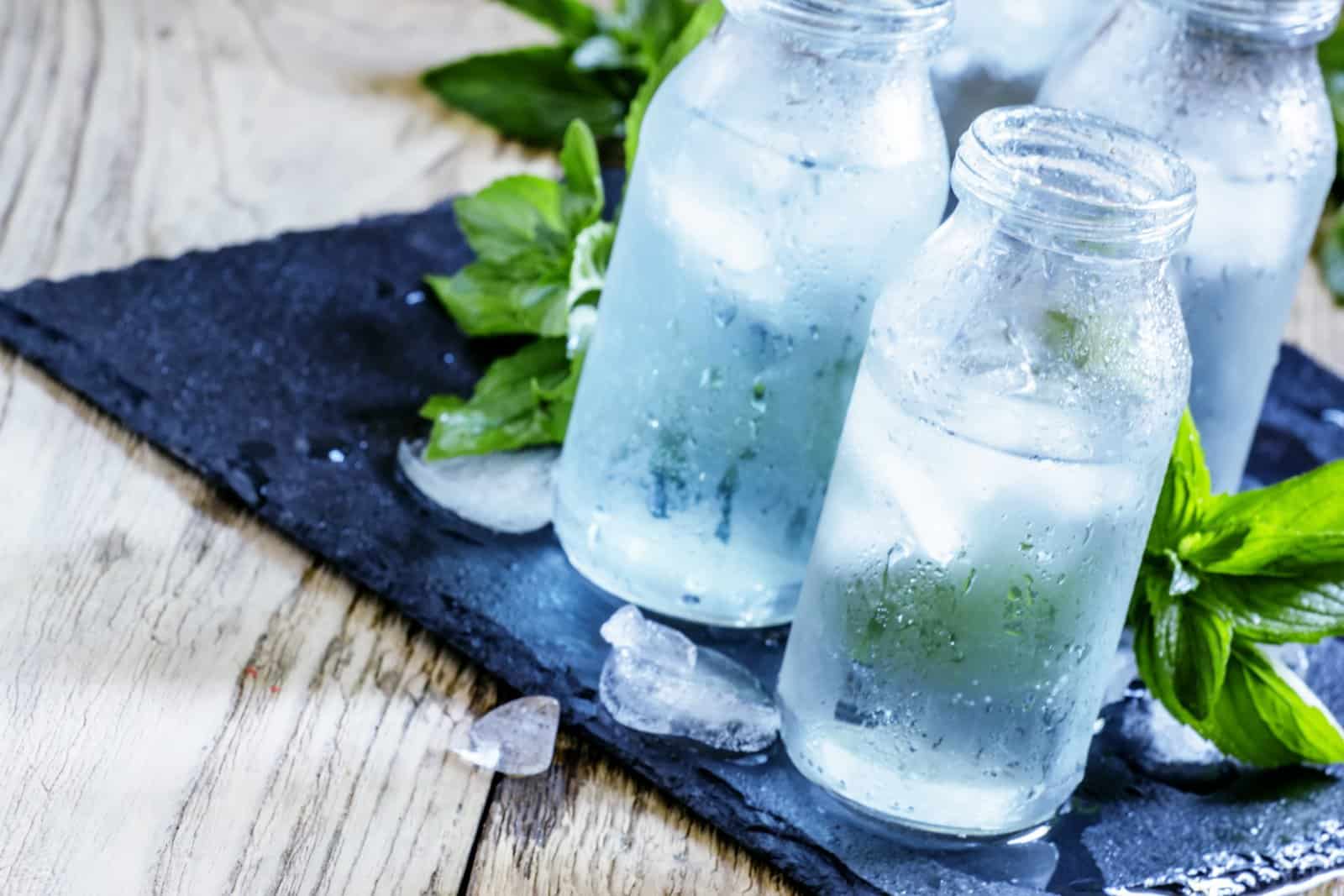From the Blog: Summer Safety for Older Adults: The Importance of Staying Hydrated

Summer is in full swing, and temperatures are on the rise. For many of us, that means spending more time outdoors and in the sun gardening, at family gatherings and even enjoying a barbecue. Whatever the activity is, we can all agree that when the afternoon sun is beating down, nothing sounds more refreshing than an ice-cold glass of water.
You most likely know this feeling of thirst – or even of being parched. But as we age, our sense of thirst tends to diminish. So even though our bodies need to be replenished, we might not realize it.
This is when the summer months can become a health hazard, as dehydration is a common cause of hospitalization among seniors.
However, early warning signs of dehydration such as dry mouth, fatigue, dizziness and muscle cramps often go unrecognized, because they can be attributed to other medical conditions, medication reaction or the natural effects of aging.
It’s when persistent dehydration goes untreated that you or a loved one might experience elevated indicators such as difficulty walking, confusion, rapid heart rate or even fainting.
Additional acute and chronic dehydration concerns include:
- Muscle Cramps: Not just athletes get muscle cramps. Even those who are minimally active and drink insufficient fluids are equally prone to getting cramps
- Hypertension: High blood pressure is common in people who are chronically dehydrated
- Constipation: Dehydration causes the intestinal cells to extract water from the food waste in the intestines, causing the waste to become hard, leading to constipation
- Kidney Stones: Dehydration causes urine to become concentrated, making you more susceptible to kidney stones and urinary tract infections
- Joint Complications: 70-80% of joint cartilage is made up of water, so when you are dehydrated it can cause joint pain, arthritis flair-ups and even increased risk of injury
To help prevent heat illness this summer, make sure to drink plenty of water and electrolytes, wear lightweight and light-colored clothing, and eat light, refreshing foods. In addition, try to stay inside as much as possible, doing chores early or late in the day.
Summer heat can be more than uncomfortable—it can be a threat to your health, especially for older adults. By keeping these tips in mind, you’re on your way to beating the heat.